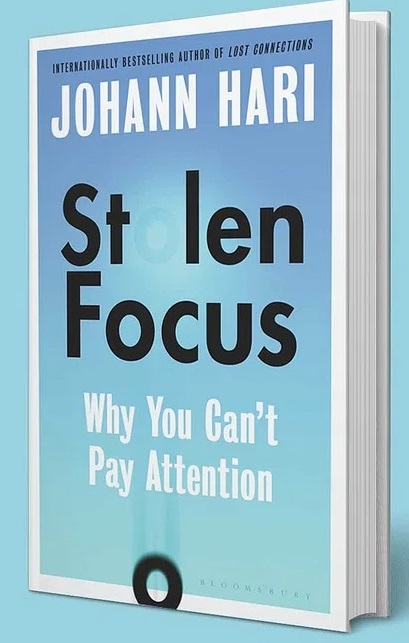When LeBron James drains a three-pointer, he gets more than a big chunk of change. He also gets a hit of endorphins. It’s this hit of hormones that makes him want to score again and again. I’m not a neurologist (nor even much of a brainiac), but I’ve read enough about neurotransmitters such as dopamine and serotonin to understand a bit of the brain science behind motivation. What happens in Lebron’s brain is the same thing we all experience when something gives us pleasure or excitement. It’s especially profound in the developing brains of our students. It’s what motivates a kid to learn to read, to pass tests, to win at wall ball, to make friends, and . . . to level up in Fortnite.
Video games, it seems, are designed to stimulate endorphin production. (So too are the algorithms in social media.) It is what makes video games addictive. In a typical video game, the early levels are easy. A player experiences immediate success and therefore an immediate dopamine hit. As the player advances to higher levels, success is harder to come by, but the player sticks with it because their brain is seeking those endorphins. The problem is that getting endorphins in an artificial environment such as a video game is fun and easy, which means it highjacks a person’s motivation to pursue endorphins in the real world. It’s why your video game addict often lacks the work ethic to become a voracious reader, to earn straight A’s, or to drain three-pointers. Small Spaces may be a great book, but it just can’t compete with Roblox.
Johann Hari spells all this out in his book, Stolen Focus. He’s compiled vast amounts of research to show how addiction to devices is undermining not just education, but society as a whole. It’s a great read—and it’s especially applicable to educators.
Hari contends that today’s kids are being raised by devices from the time they’re born. When our toddlers need attention, instead of actually parenting we merely hand them a tablet. Neither parent nor child learn to deal with whatever the actual problem is because the device serves as a pacifier.
Hari also contends that ADHD is over-diagnosed. Chronic sleep deprivation due to Internet Gaming Addiction (IGA) is the root cause of classroom hyperactivity and focus issues. Gamers over-stimulate their brain in the evening hours and consequently can’t fall asleep. Rarely do they reach REM sleep. The chronic fatigue manifests itself just like ADHD, but the solution isn’t daily doses of Ritalin; it’s as simple (and as hard) as turning off devices two hours before bedtime.
We’ve all heard the ed gurus telling us for a while now that kids with laptops, tablets, or cell phones will accomplish whole new levels of academic success. The pandemic, though, exposed the many flaws of such digital thinking, yet today, despite plunging test scores, alarmingly low literacy rates, decreasing motivation, and increasing hyperactivity, we’re still subjecting our kids to online platforms–many of which look a lot like video games.
Maybe it’s time we put away all the devices and got back to some fundamentals such as cursive handwriting (it does all kinds of great stuff in the brain), holding actual books in our hands, counting back change, using measuring tape, microscopes, and beakers.
And performing plays.
You can check out Stolen Focus at most any bookseller or public library. (I’m not including a hot link because I want you to know I’m recommending the book solely on its merits, but here’s as honest a review as you’ll ever find.) You can also check out my plays—most of which were originally published by Scholastic—in my TpT store. Consider welcoming kids back to school with my Winnie-the-Pooh reader’s theater. I’ve taken five of Milne’s best stories and crafted them as one-act plays, each with just 4 or 5 actors. Try splitting your class into small groups and have each learn and perform an act during the first week of school! They’ll love it!
Or, I suppose you could instead just assign them some more time on an online reading app.
(Don’t do it! Use a play!)
Happy directing!

